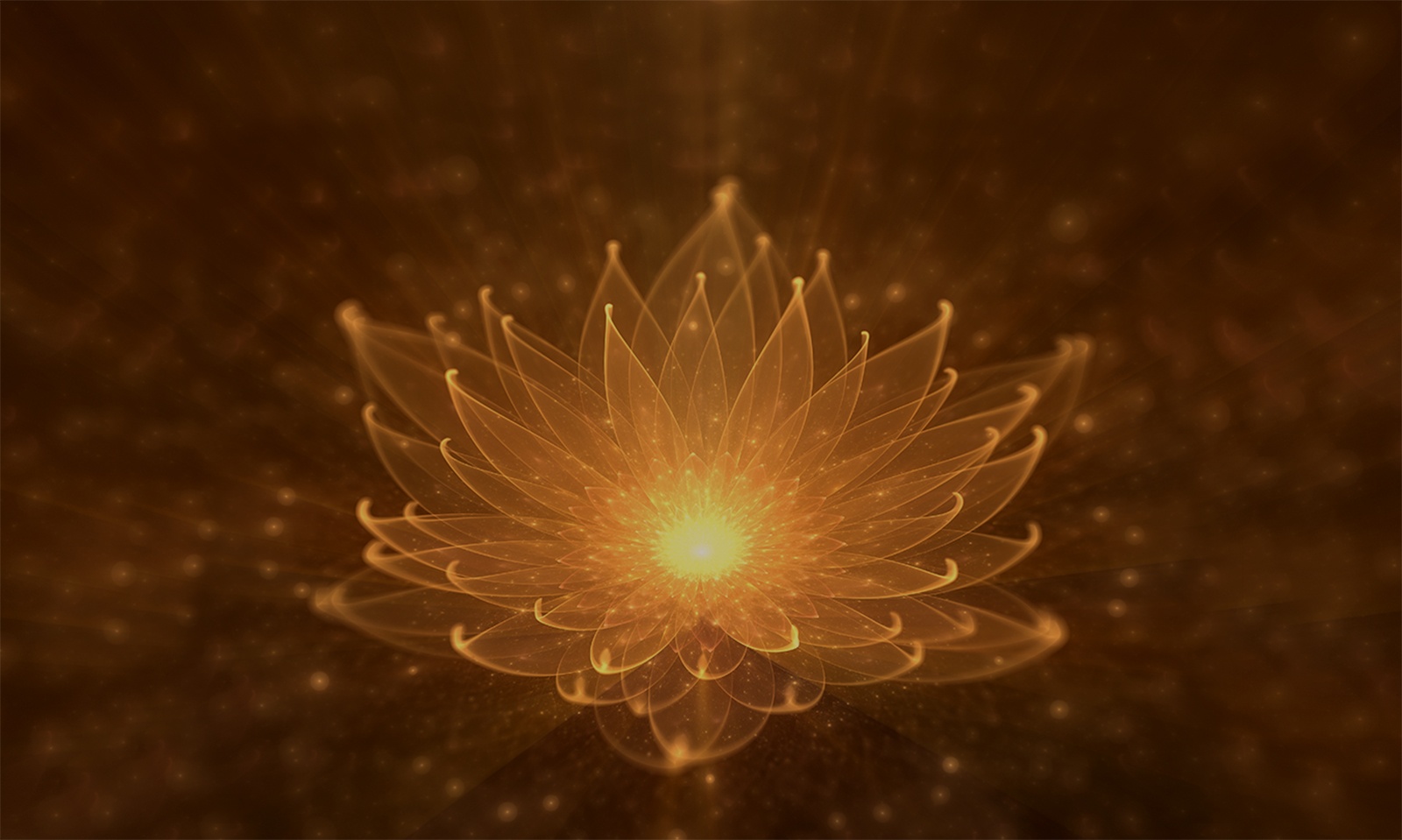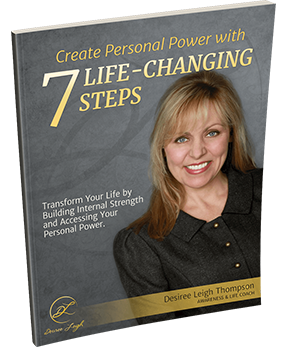Desiree Leigh Coaching
Women Empowerment, Wellness Life Coach & Consultant in North Vancouver, BC
Results-Oriented Midlife Redesign & Lifestyle Coaching for Women
We all suffer in life to some degree. That’s part of being human. However, rather than feel like we are constantly out of control and at the whims of our circumstances, we need to get consciously present, listen to our heart, and make decisions from that focal point to create a life that we desire.
Desiree Leigh Coaching is a Personal Leadership and Lifestyle Redesign Coaching and Women’s Wellness Educational Company. We work with high-achieving passionate women in midlife (40-65) who want to lead the second half of their lives with intention and integrity, reconnect with themselves, and take charge of their future.
At Desiree Leigh Coaching we support, inspire, and encourage women; we teach proven, powerful, and practical skills; and we coach to help women redesign a future they want to live into by leveraging the power of their heart.
-
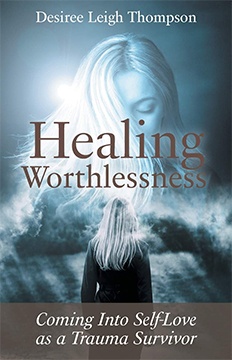
Healing
WorthlessnessComing into Self-Love as a Trauma Survivor
Coming into Self Love as a Trauma Survivor, Desiree Leigh Thompson candidly shares her personal journey of developmental and sexual trauma in hopes of helping other ... Read More
view details -
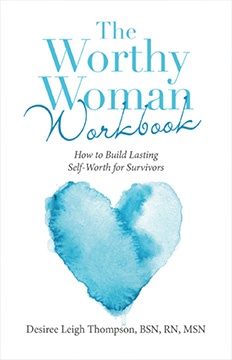
The Worthy
Woman WorkbookHow to Build Lasting Self-Worth for Survivors
An interactive book to build lasting self-worth. The Worthy Women Workbook is an interactive book that came about after publishing Healing Worthlessness ... Read More
view details -
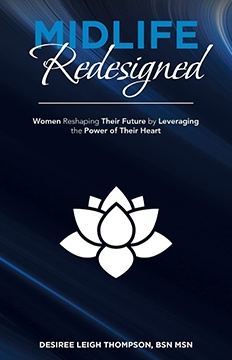
Midlife
RedesignedWomen Reshaping Their Future by Leveraging the Power of Their Heart
Women Reshaping their Future by Leveraging the Power of their Heart, Desiree Leigh Thompson urges women to re-examine their lives before it's too late... Read More
view details


- Vision
- Mission
- Business Values
Our company is a globally respected, trusted, and leading health and wellness educational company for women empowerment that provides expert information and knowledge for women to develop, succeed, and liberate themselves. Women take back ownership to improve their quality of life, to ... Read More
Our companies’ mission is to impact and liberate the personal, professional, and financial lives of woman across the globe... Read More
Commitment: We are committed to the wellness and empowerment of women.
Boldness: We courageously create products and services, and partner with trusted alliances, that support women empowerment and women equality.
Innovation: We are at the cutting edge of new product development for women empowerment.
Diversity: We are inclusive as our brands and products.
Free Download
Discover How to Access Your Personal Power with 7 Easy Transformational Steps
If you truly want to change your life, you will grab your FREE eBook today.
Contact Desiree Leigh Coaching
North Vancouver Women Empowerment, Mental Health & Life Coach
Personal Leadership, Lifestyle Redesign, Midlife Crisis, Mental Health, Wellness Education, & Life Coaching for Women
Serving all over Canada including North Vancouver, Vancouver, British Columbia, Ontario, Alberta, and the surrounding areas.
